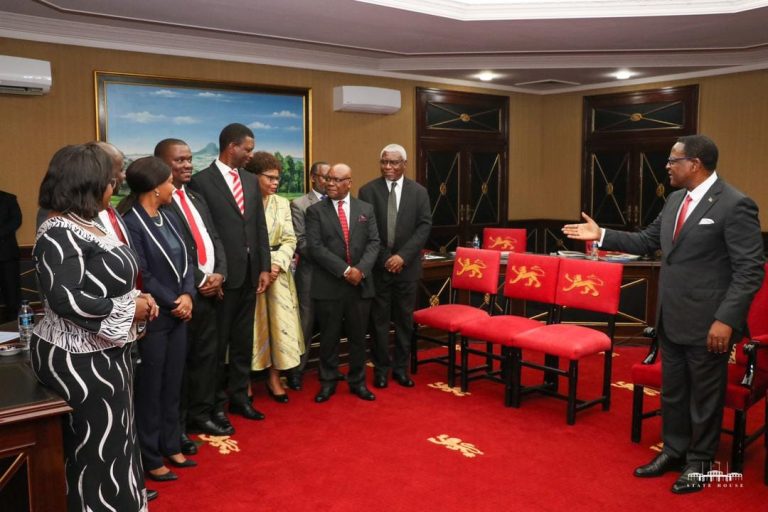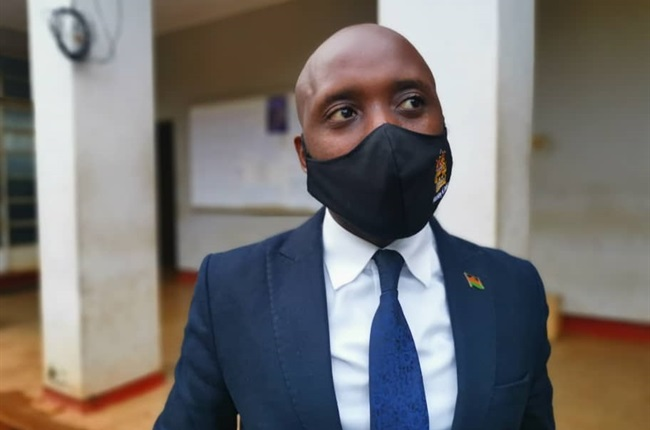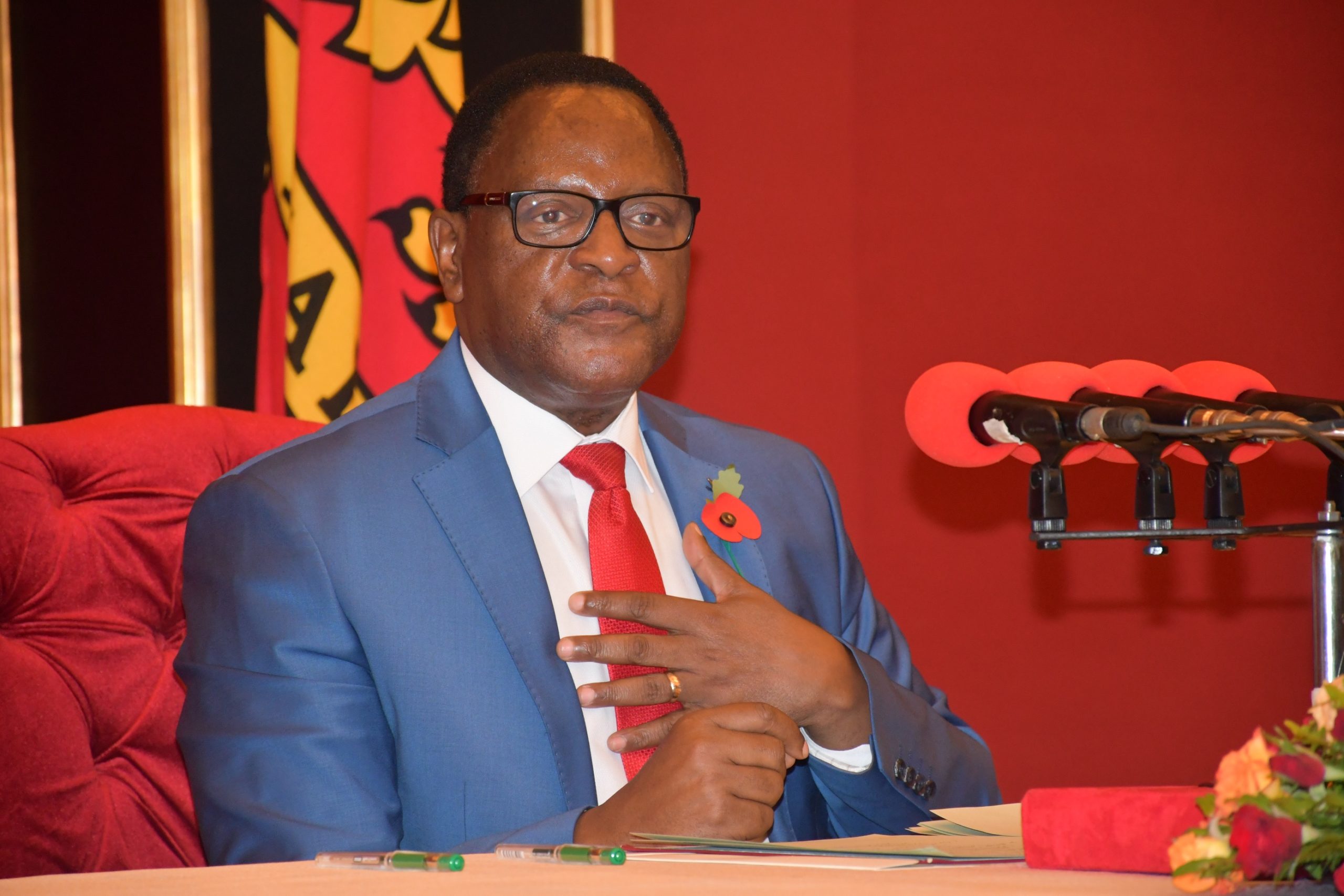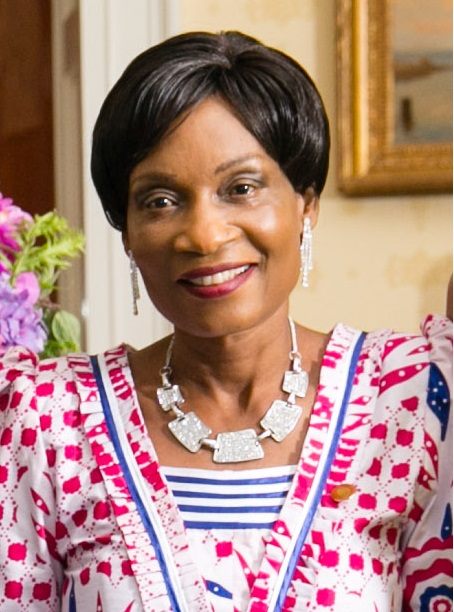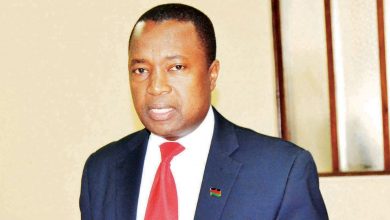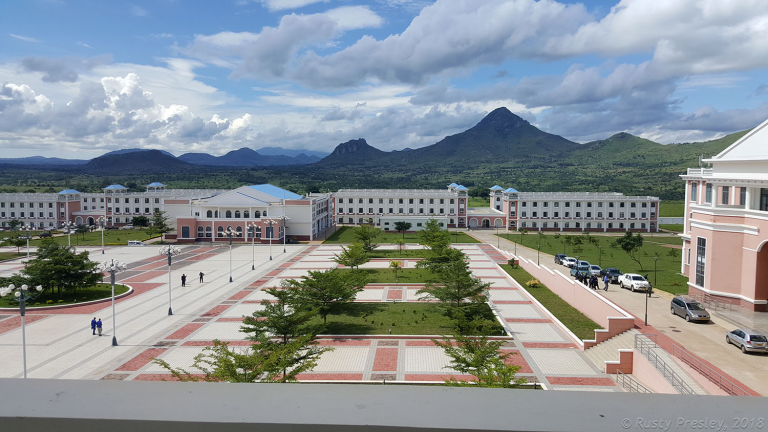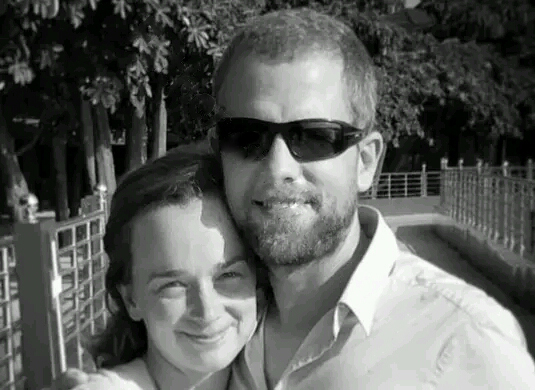BY PIJ REPORTER
Controversy has surrounded the findings of a commission of inquiry into the arrest of Anti-Corruption Bureau (ACB) Director General Martha Chizuma after the final report recommended action against both Chizuma and her rival, the Director of Public Prosecutions (DPP) Steven Kayuni whose complaint to the police led to an early morning arrest.
The inquiry’s findings show that the report focussed on the audio clipping and relations between Chizuma and other heads of law enforcement agencies, whose current state of peril appears to be blamed in its final analysis on the ACB boss’s conduct. The inquiry provides scant analysis or evidence presented by Chizuma raising questions of possible bias.
President Lazarus Chakwera, while receiving the report and in a step away from his practice of hiding reports of various investigations, ordered its release to the public, a move widely perceived as aimed at further undermining Chizuma after previously attacking her in addresses before, Chakwera said he would make subsequent orders in subsequent days.
If Chakwera fires Chizuma, as feared in some quarters, he will hence be completing a circle that started with attempts to block her appointment as ACB boss in parliament where after being appointed by the president, the former Ombudsman was surprisingly rejected by the Public Appointments Committee. Public anger led to a reverse with the President ordering a fresh review of the decision.
Once in office, Chizuma has faced stern opposition, particularly in prosecuting cases related to the Zuneth Sattar investigation. Sattar, a British national born in Malawi, is accused by the ACB and the UK’s National Crimes Agency of corruptly obtaining multi-billion contracts from government departments for over a decade.
The ACB struggled to obtain consent to prosecute the cases emerging from its investigation from the Director of Public Prosecutions, forcing parliament to intervene and remove the legal requirement of consent. The Attorney General surprisingly and controversially declared an amnesty on all corruption cases when the investigation was underway, and only reversed the move following public outrage and ACB’s reluctance to endorse the move.
When the ACB suspended all payments to Sattar-connected companies while it investigated the contracts, the Attorney General, who in public had also ordered the termination of all contracts to Sattar and stop of all payments, issued a legal opinion ordering the payments to proceed.
Then the ACB found no joy in courts either, where Sattar’s arrested associates obtained orders restraining it from prosecution. That frustration culminated in a leaked recording in which the ACB director was recorded venting her frustrations about the perceived corruption of judges and others in law enforcement. The audio surfaced on Saturday, January 22nd, 2022.
She was illegally recorded by hitherto unknown public servant Anderson Mwakyelu.
On Monday, 24th January 2023, the President addressed the nation via audio following a meeting he had earlier with the Minister of Justice and the DG of ACB. He reprimanded Chizuma but said she would remain in office because Chakwera had strong trust in her zeal to fight corruption.
But those who wanted Chizuma out were not done. In February 2022, Fryson Chodzi and Lameck Rashid Nembo, renowned political cum civil society activists lodged a complaint against Chizuma at the Senior Resident Magistrate’s Court in Lilongwe. The court dismissed the application because the applicants did not appear in person to be examined as required by law.
In March 2022, the same applicants filed a fresh application in the Chief Resident Magistrate’s Court sitting at Blantyre but the Blantyre court declined to hear the matter on the basis that the parties and subject matter were the same as those filed before the Senior Resident Magistrate Court sitting at Lilongwe.
On 6th April 2023, another application based on the same facts was brought before the Senior Resident Magistrate’s Court sitting at Mzuzu by Brighton Phompo, a little-known politician who was subsequently disowned by his party, UDF. The Mzuzu Senior Resident Magistrate’s Court ordered that the Director of Criminal Investigations in consultation with the office of the DPP should investigate the authenticity of the audio and report to the court within 90 days from the delivery of the ruling.
On Friday 22nd April 2022, police summoned Chizuma for interrogation. Once again, public pressure led to the cancellation of the interview. Chizuma’s lawyers obtained a stay order in High Court stopping the process, but the court set aside the order directing the Director of Criminal Investigations to investigate the authenticity of the leaked audio.
Then on Saturday, 3rd December 2022, between 11:00 am and 01:00 pm, the DPP, claiming to be acting in his personal capacity, lodged his complaint at the Criminal Investigation Department offices at National Police Headquarters in Area 30 in Lilongwe City, according to the report of the commission of inquiry into the matter.
The public pressure that came, plus donor threats of sanctions, forced the government to cancel the arrest but while the public expected that the suspension of Kayuni and subsequent commission of inquiry into the arrest of Chizuma will end the persecution of those seeking to bring to justice those who are suspected to have plundered the state, the inquiry once again has called for the hanging of Chizuma, perhaps, the most trusted public official in the fight against corruption by the public and key western donors.
Several legal minds PIJ has spoken to also raised questions about the general terms and conditions of the inquiry, which they argue diverts from what was communicated to the public by the president when the inquiry was instituted following outrage among the public and international community on the arrest.
A senior government lawyer with experience supervising several commissions of inquiry, speaking on strict condition of anonymity, pointed, among others, the following to PIJ as areas that have aroused curiosity in the conduct of the commission and its findings:
1- The report ventured on issues not core to its task, for example, commenting on the relationship between the National Crimes Agency (NCA) of the United Kingdom and the ACB.
2- The commission was obsessed with the audio recording which in my view was really not core. And having spent hours and space on the audio, the Commission identified the recorder but did not call him for an interview.
3- Why despite the evidence clearly demonstrating that Chizuma’s arrest was a highly choreographed and sanctioned operation-with evidence such as the lodging of a complaint over the weekend and several planning meetings by senior police officers (Curiously the IG was away and Kayuni too disappeared immediately after lodging complaint), the commission appears to have not endeavoured to pursue this line of the probe.
4- The Terms of References (TORs) for the commission appeared tailored to reach a certain pre-conceived finding
Other analysts agree. Danwood Chirwa, a law professor at Cape Town University in South Africa, agreed with the observation, saying that the commission in its findings appears to “merely regurgitates what government officials said.”
Said Chirwa: “None of the witnesses was questioned at all or cross-examined. The main subject of the inquiry was never legally represented, nor allowed to rebut the evidence or challenge the witnesses. There’s no attempt by the commission to engage critically with the material before it and its legal implications. It’s astonishing to see this kind of deliberate whitewash by relatively credible individuals.”
He further argued that the commission itself was flawed from the outset, as it was called by the President to unconstitutionally and unlawfully interfere in a criminal investigation.
“The President has no power to interfere with criminal investigations and in matters relating to arrests and prosecution. He could therefore not have legally instituted the inquiry into the arrest of the ACB Director and related investigations. The commission never discussed the legal basis of its remit, partly because it was aware of its legal precarity and partly because it wasn’t minded about the veracity of its actions. The commission has no legal mandate in criminal investigations,” said Chirwa.
Chizuma could not comment on the matter when contacted, but her lawyer Martha Kaukonde described the inquiry’s findings as disappointing.
“My client is obviously disappointed that what she presented to the Commission regarding the main issue that the inquiry was all about to do with the manner and appropriateness of the arrest was not presented. Moreover, there are some conclusions that have been made by the Commission based on hearing one person on the issue of her uncooperativeness without hearing her side. That is not right,” said Kaukonde.
In particular, Kaukonde cited recommendations that leadership of ACB “be reorganized” as not based on law considering that the issues for such a suggestion “were already dealt with by the appointing authority in January 2022.”
“Disregarding the directive and wishes of the president can only be interpreted as aimed at victimizing the DG,” she added.
Chairperson of the Commission of Inquiry Retired Justice Edward Twea told PIJ on Thursday the commission’s mandate is over hence it cannot comment on the matter.
“The protocol is that the commission works through a decision under the act whether it will be private or public. Our work is now complete and handed over to the authorities that appointed us to sit on that matter. It will be inappropriate for us to have a postmortem of what we had discussed and how we came up with our own decisions. The proper authority for you to ask would be the Office of the President and Cabinet. Everything is on record. As time goes by, if it pleases the president, how far he can go, but the records are there. So I would say, although it’s not a judgment, I would say those who made the decision cannot comment on it,” said Twea.

